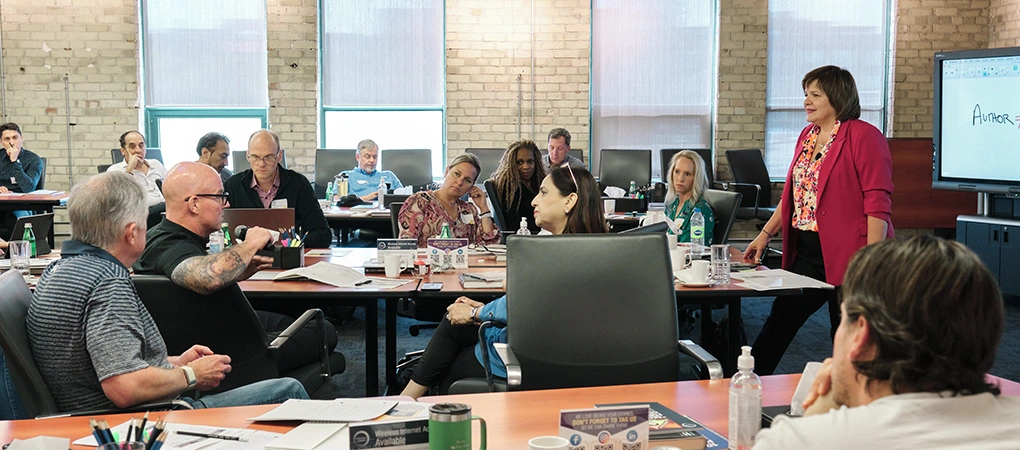Stop Complaining. Start Creating.
Shannon Waller

Listen to the podcast below or subscribe to the Team Success Podcast on iTunes.
Complain Or Create
A close friend gave me an incredible compliment. He said if he ever wants to complain about something, I’m his last resort. However, if he wants a solution—he’ll turn to me first.
Most people can attest to how incredibly satisfying it is to grumble and whine when you experience a breakdown or when a situation doesn’t go as planned. It’s a relief to get those feelings off your chest—it’s cathartic and a great way to release pent-up energy.
But it’s important to put a time limit on how long you allow yourself to vent.
When you decide to create solutions rather than complaining, it shifts your entire mindset. It forces you out of a reactive mode to a place where you choose to take control over your response to a situation. Things are no longer happening to you; you’re happening to them. This is a much more powerful and rewarding space from which to operate.
We’ve all been a “complainer” at one point or another.
Complaining is a universal experience, but it gets problematic when it becomes your go-to response. Instead of taking action, you become comfortable with being passive and relying on others to fix things for you.
There’s also a tendency for people who are regular complainers to make a situation messier than it was when it started. They bring in “red herrings,” pay attention to small details that are not essential to the issue, and leave the situation murkier than when it began. This makes things worse because they involve other people in the anger, dissatisfaction, and irritation they’re feeling.
So what does it mean to create a solution rather than complaining when things don’t go your way?
Finding freedom through creativity.
The moment you decide to stop complaining, your mind shifts from a reactive zone to a creative zone, freeing you up from any anxiety or frustration you may have been holding on to.
Your brain then starts sifting through ways to solve the situation and rearranges your thinking in order to make forward progress. You’re no longer stuck with your feet in the mud—you’re decisive and ready to take action. This is an extremely empowering realization. Just by taking ownership, you automatically reject the role of the victim and realize you have influence over the situation or your response to it—you’re not a passive recipient. The decision to react or create is yours.
[bctt tweet=”“The decision to react or create is yours.””]
How to take initiative quickly.
Being aware of your choice to complain or create is the first step, but what are the strategies that will move you into a creative zone as quickly as possible?
- Put a time limit on venting. Expressing your emotions is important, but doing it effectively is difficult. If you have negative energy you feel you need to express, find someone you can count on to be responsible and mature. Set the context (“I just need to get this off my chest”) and put a time limit on it. Three minutes is probably good, and then move on. You don’t want to dwell here.
- Choose not to be a victim of your circumstance. When you decide you’re going to take ownership of a situation, you open yourself up to new possibilities. You find ways to transform it, and you inspire yourself to take action. What you try won’t always work, but being in motion is half the battle.
Making the choice to stop complaining can have a major impact on the way you experience your life. You’ll gain a reputation as someone who is a creative problem solver, and another bonus is that fewer people will complain to you.
[contentblock id=kp-ts]





